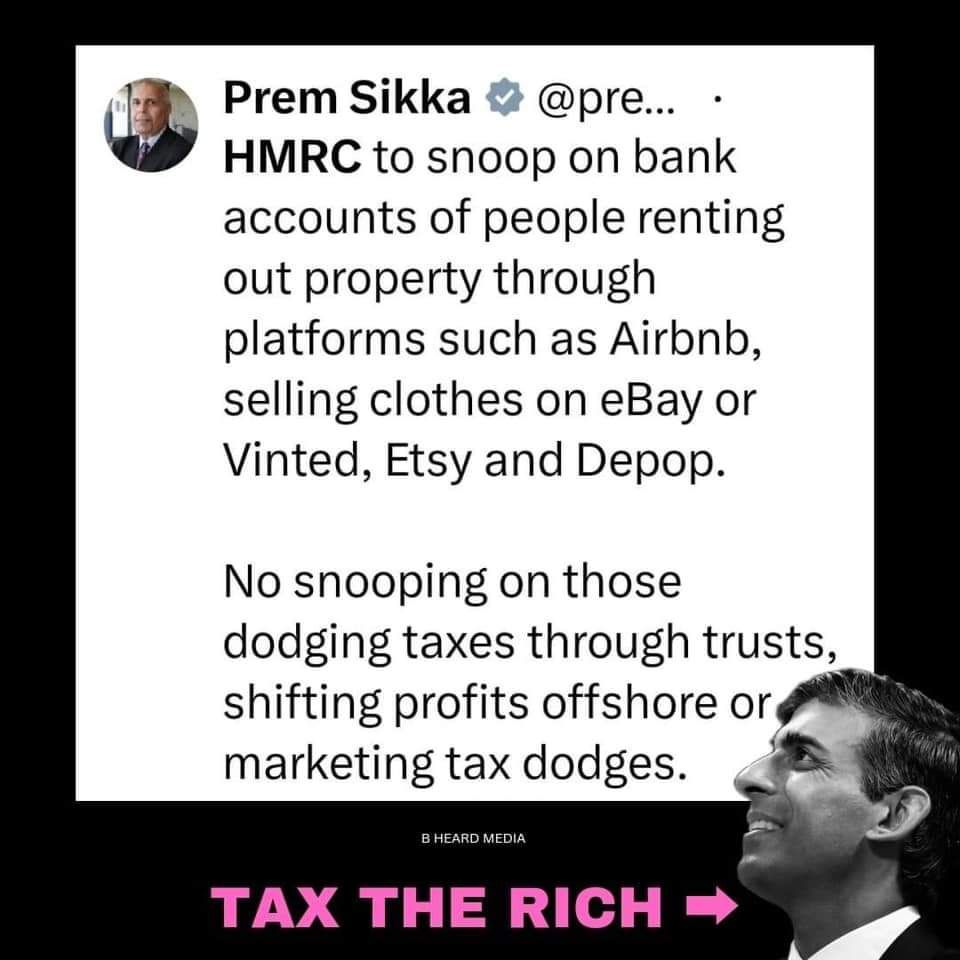Every now and then I get so angry when the government reveals new plans for disabled people I have to delay writing this blog. Today is one of those days.
I’ve been writing this blog for over 10 years now and since then it’s been an endless onslaught of changes to the social security system that willfully marganalises and causes an immense amount of suffering to those already struggling and in need.
No one chooses to be disabled and neither does anyone choose to become ill, it’s an awful situation to be in however the government clearly believes that they do.
The difference between the haves and have nots is becoming much bigger as each day progresses. For example if a Tory government minister or indeed a prime minister becomes ill they can afford to pay privately for the best care to recover or manage their situation. An everyday regular person cannot afford to do so.
Some people never fully recover from an illness because they can’t afford to access the care that they need and they manage the best that they can.
Imagine being such a vile, awful person that constantly attacks those in need whilst smiling at the same time… Well Rishi Sunak did just that in an interview on Radio 5 this morning April 19th 2024.
Sunaks clearly is not happy with doctors and consultants rightfully declaring that people are unfit to work. They do this having extremely good medical knowledge. They want the best for their patients.
Sunak plans to stop this and has declared that if his ideas come into fruition GPs will no longer be in charge of issuing sick notes. So basically a person with zero medical training will do so, most likely a DWP sadist that has no qualms doing this.
In the interview Sunak declared that claim Britain has a ‘sick note culture’ and people are being ‘unnecessarily’ written off work.
Sunak announced that there would be a review of the fit note system to reduce the number of people being declared not fit for work and that doctors shouldn’t be ‘over medicalising everyday challenges and worries of life’.
Reading this you’d have thought that he has had some medical training to come to this decision but he hasn’t. He probably sat in a meeting with colleagues discussing how they can continue to hurl more punishment to already marginalized people afterall they regard disabled and ill people as ‘useless eaters’
He most likely sees this as a vote winner and back in the day it probably would have been, but people have clearly had enough of this now. There’s only so many times you can kick a person whilst they’re down without some retaliation.
And people will definitely rebel against these evil plans. I can bet there’s more in disgust at these plans than think they’re a good idea.
The ‘scrounger against scrounger’ way to manipulate the public isn’t working as well as it was before. Many of those that had this view now find themselves at the recieving end of it now
A Lot more people can see right through it and thank god they can.
What Sunak needs to do is to acknowledge that nobody chooses to be disabled and ill, it can literally happen to anyone at any time. He won’t and he never will.
His kind hates working class people especially those that are disabled.
One thing that I do know is that if you think these plans are dreadful they’ll become a whole lot worse if they win the next general election. Let’s vote them out.
https://www.mirror.co.uk/news/politics/gps-no-longer-charge-issuing-32617749










